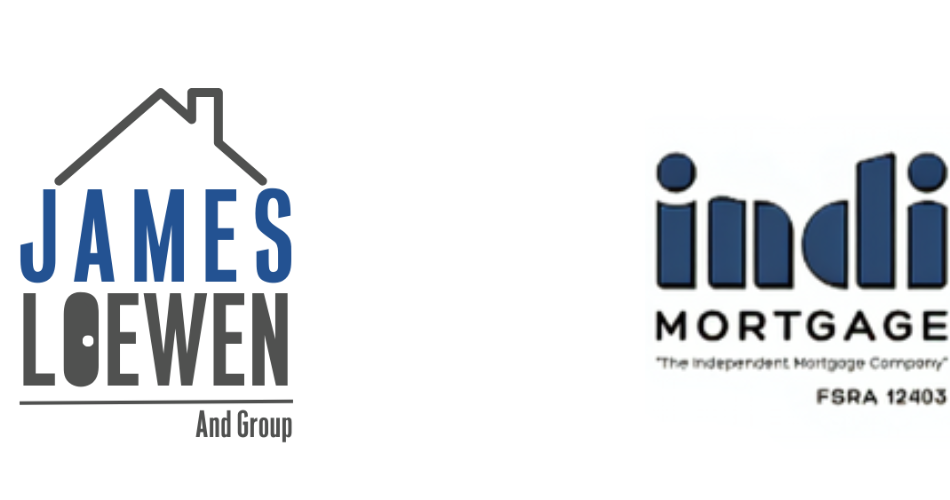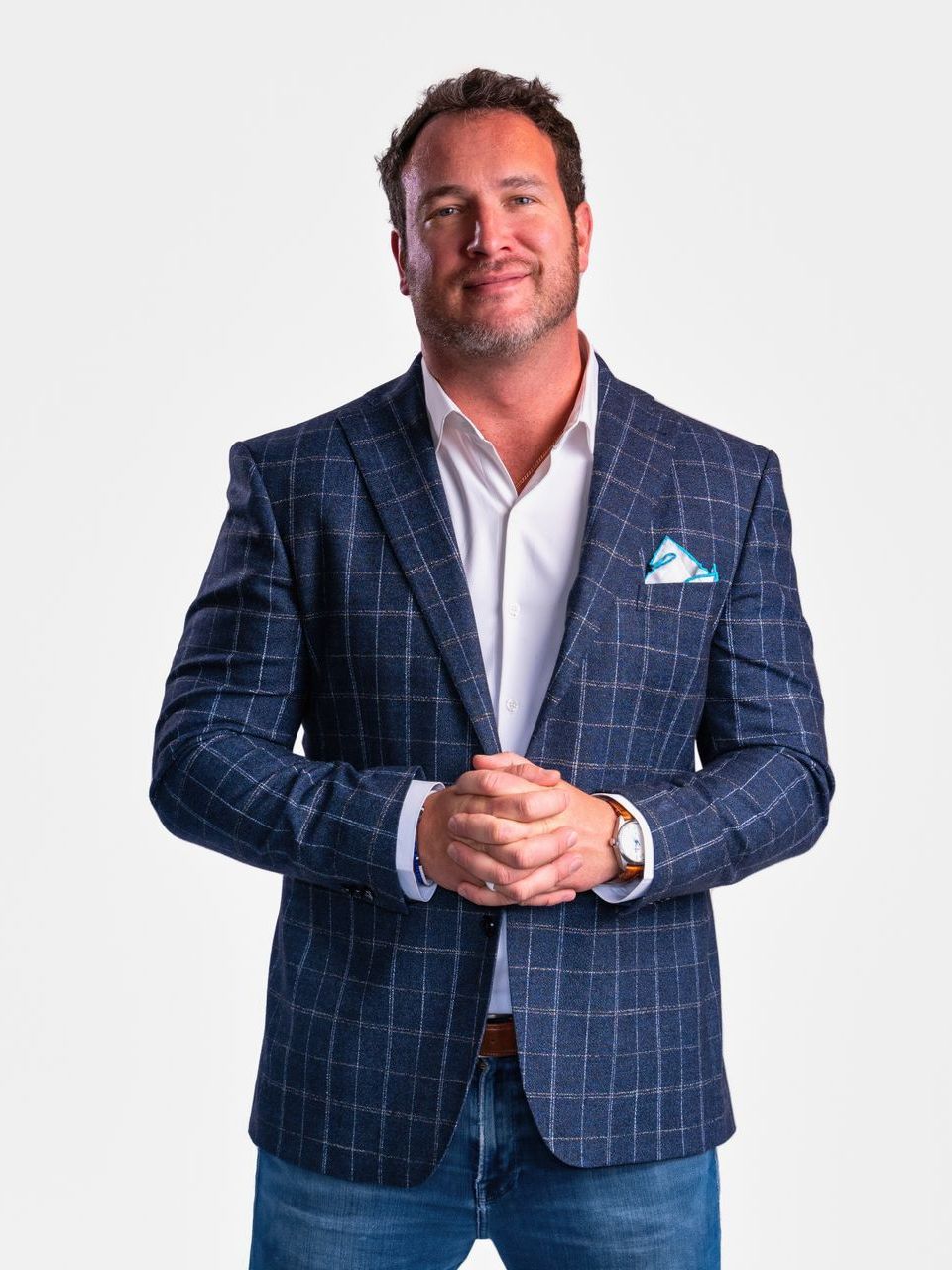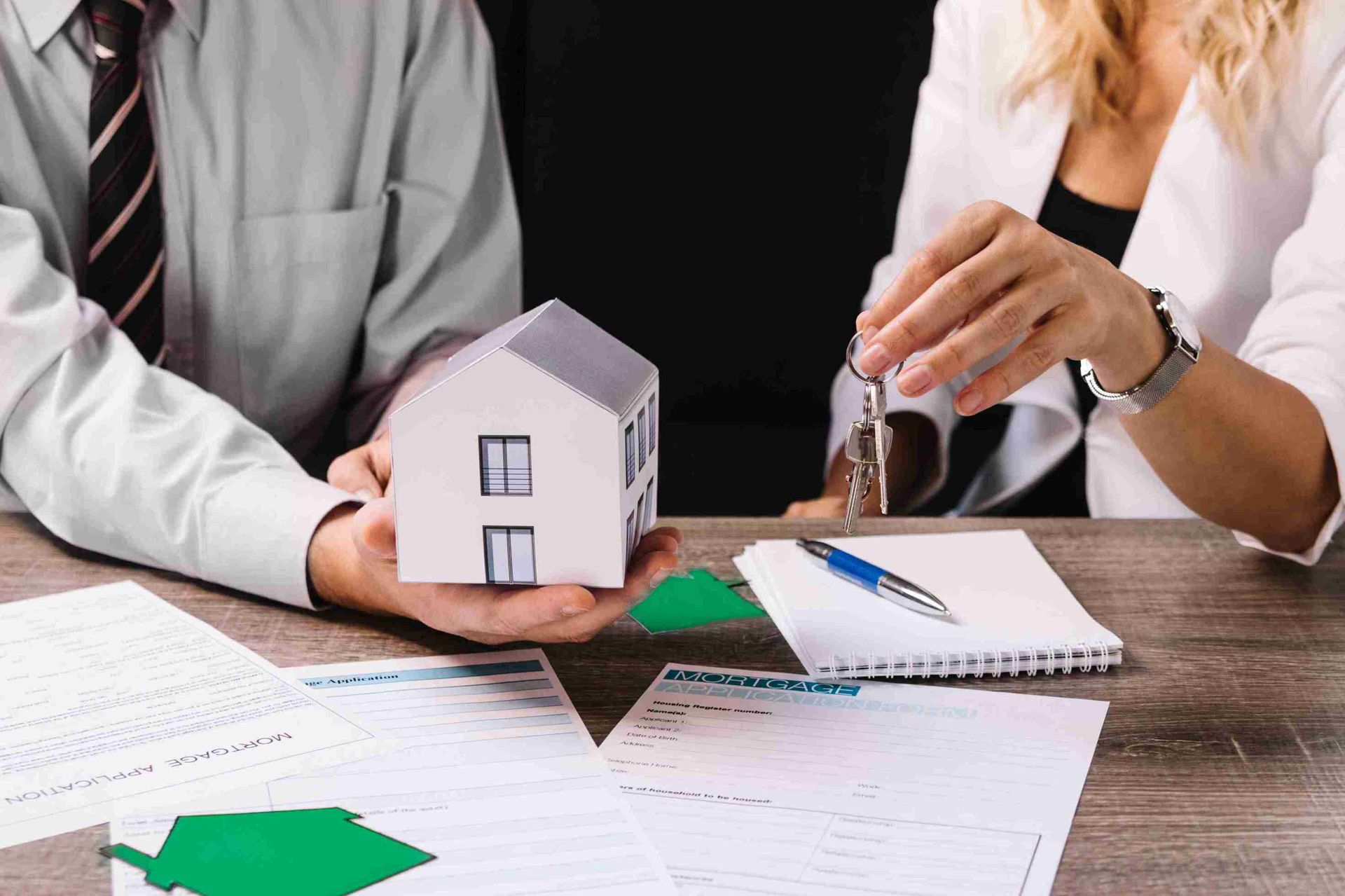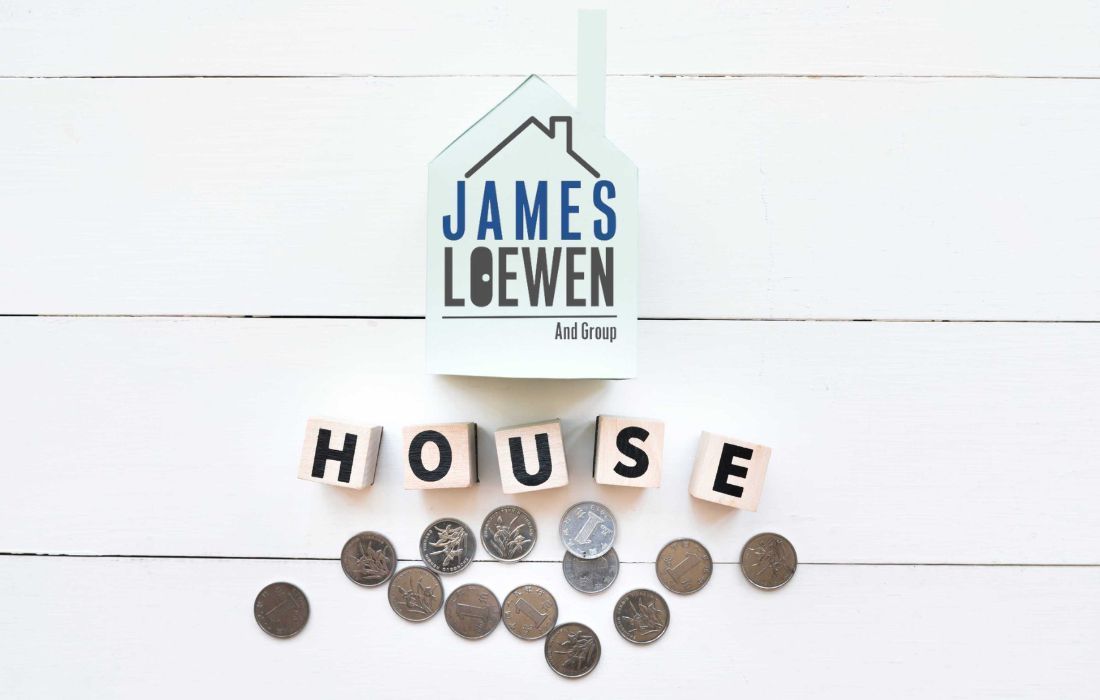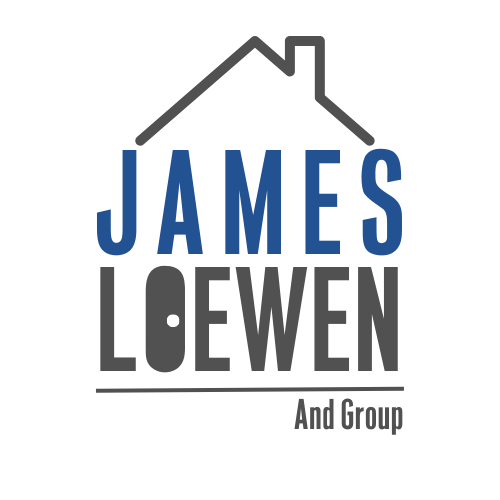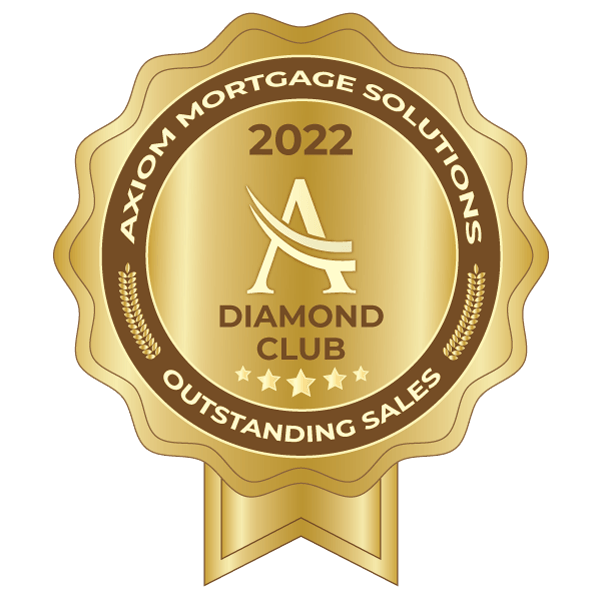How Much To Spend On Home Ownership
james loewen • Aug 07, 2016
PART 2 OF THE HOME OWNERSHIP SERIES! THE X, Y AND Z’S OF HOW MUCH YOU SHOULD SPEND ON A HOME
Does reading about housing prices, interest rates, housing markets and down payment make your head spin? The Hocanin’s are back with their second post from their Home Ownership series and answering all their questions is our very own James Loewen.
How much of a down payment do I/we need for a home?
The down payment minimum is set at 5%. Recently, this has been amended to be 5% up to a purchase price of $500,000 and then 10% for anything above this. ($0 down mortgages were removed just over a year ago from Canadian Banking institutions).
For example, for a $700,000 home you need $25,000 (5% of $500K) PLUS $20,000 (the remaining $200,000 at 10%) down payment of $45,000.
If you’re purchasing a home over $1Million, minimum down payment is 20% – even if its $1,000,001 – 20% is required. BUT – we do get “creative” with clients that have only 10% down and can provide “private” lending to help our clients get to the 20% to qualify (and saves thousands on the mortgage default premium, often referred to as the “CMHC” premium).
This down payment can come from savings, RRSP’s, TFSA, gifted down payment from family and even borrowed from a line of credit.
If I/we get approved for a mortgage for x amount of dollars, should I/we spend that full amount?
The amount you “can be approved for” and the amount you “can actually afford” can vary greatly!
For example, if you’re receiving bonus income that you might not receive in the future OR if you know you’ll be on a maternity/paternity leave these are all questions to review the influence this could have on your affordability of the new home.
Ensure you’re reviewing both short term AND long term goals with your broker and complete a simple budget. We never want our clients to be “house poor” and everyone should be able to still afford planning for retirement (and the odd steak) while owning a home.
Do I get penalized if I don’t have 20% of a down payment?
You’re technically not “penalized” for having less than 20% – interest rates will still be industry best – however there will be some restrictions and added costs:
1) At less than 20% you will have “default mortgage insurance” added to your mortgage. For more information on what this is, we have our blog here to walk you through the varying providers we have in Canada. Every bank / broker / lender that have a mortgage with less than 20% down must be insured. For our clients with close to 20%, we will review lending them the short fall to save on the CMHC premium.
2) With less than 20%, your mortgage is defined as “high ratio”. This comes with the restriction of a maximum amortization of 25 years. Mortgages with 20% down or higher, are defined as “conventional mortgages” and are allowed to amortize to the maximum of 30 years, which lowers your monthly mortgage payment.
3) The mortgage default premium at 5% down is 3.6% and this is added or “capitalized” to your mortgage. In Ontario, you must pay the PST on this premium. If you’re buying a $450,000 home at 5% down, you’ll have to ensure you have funds for the $1296 PST at closing (Alberta clients do NOT have to pay this premium (those lucky ducks!) so ensure you’re reviewing for your respective province of purchase with your broker) For a full review of the costs of closing on a home including the PST, see our blog here.
What is equity?
Home equity is the difference between the value of your home and the mortgage amount owing. If your home is $500,000 and your mortgage is $300,000, you then have $200,000 of “home equity” in your house! You can of course sell your home to obtain this, or you can refinance to gain access to these funds. Your broker might also have a special on free refinancing as well. This may cover the costs of the appraisal, discharge fees and the legal costs.
What do those Cash for Gold people mean when they say they can give me a second or third mortgage? Should I ever do that?
They are offering you the ability to refinance your existing mortgage to gain equity in your home. If for some reason your credit or income doesn’t qualify to refinance with an “A” lender (such as your existing bank) then we can provide a second or even third mortgage and help you repair your credit. This can be a short term solution with an exit strategy. You’ll want to review with your broker if you can qualify for refinancing for the best rates. If this isn’t available then a second mortgage CAN be a benefit, if it solves a cash flow issue (or if your credit cards are at 19.99% as most are). However, BE CAREFUL with second mortgages. You’ll need to ensure your broker is reviewing all terms, costs and fees associated as not all second mortgage lenders are created equal. Read more on potential situations and examples of when to take a second mortgage.
What is a “housing boom”? Why do homes in Toronto and the GTA cost SO much?
The “housing boom” refers to the rate at which homes have been increasing in GTA (and other major centers such as the Region of Halton, Montreal and Vancouver). A major reason for this boom is the fundamentals of economics. With a constant supply and an increase in demand will thus increase the price. Now we have been increasing the “supply” as we’ve seen condo’s continually being built in Toronto, but we’ve also been increasing the demand by immigration AND by having such low interest rates. Free hold homes (detached, semi detached and row houses) are not being frequently built as lot sizes are more profitable to build a 20 story tower than the four detached homes. With that limited supply of non-condo homes, the demand and price of these have increased astronomically. Also, keep in mind, if you buy a home in Toronto, there is a land transfer tax. This is in addition to the provincial land transfer tax, essentially making this cost double when buying a home in Toronto. For a complete list of cities and to calculate land transfer on your purchase, we have our calculator here.
James, is there any words of advice you’d like to give?
As with any purchase, I have two key pieces of advice: BUDGET and EDUCATE YOURSELF!
Ensure your broker or banker is completing a budget with you, reviewing your short and long term goals and make sure afford your new home. Walk through the closing costs and review options of best STRATEGIES
for your credit. For example, if you have $75,000 for a down payment, it might be best to NOT put the full amount down. Often we’ll find putting down less and using funds to pay off other debts and retain funds for emergencies or even RRSP contributions can be more effective.
Clients come to us wanting to purchase a $500,000 home, they have $75,000 available ($25,000 each in RRSP and $25,000 for down payment). However, they have $20,000 in student loans and $10,000 in credit card debts costing over $650 in payments. Their intention was to put the full $75K for a down payment, but, by reviewing options we determined it was best to decrease the down payment to $30K, pay off the $30K of credit card / student debts which frees up $650 and only resulted in an increased mortgage payment of $150 monthly, a net result of $400,000 and we kept a $15,000 hold back for closing costs, emergency funds/TFSA contribution for this year to earn tax free money.
Thanks James SO much for helping us with this post! The take away is to budget, educate yourself and have a broker/bank that will help you navigate the world of home ownership. Who else do you need on your team? In our next post, we’ll chat about the people who you’ll need during your journey of home ownership; realtors, lawyers, brokers and more.
– Lindsey & Tolga
